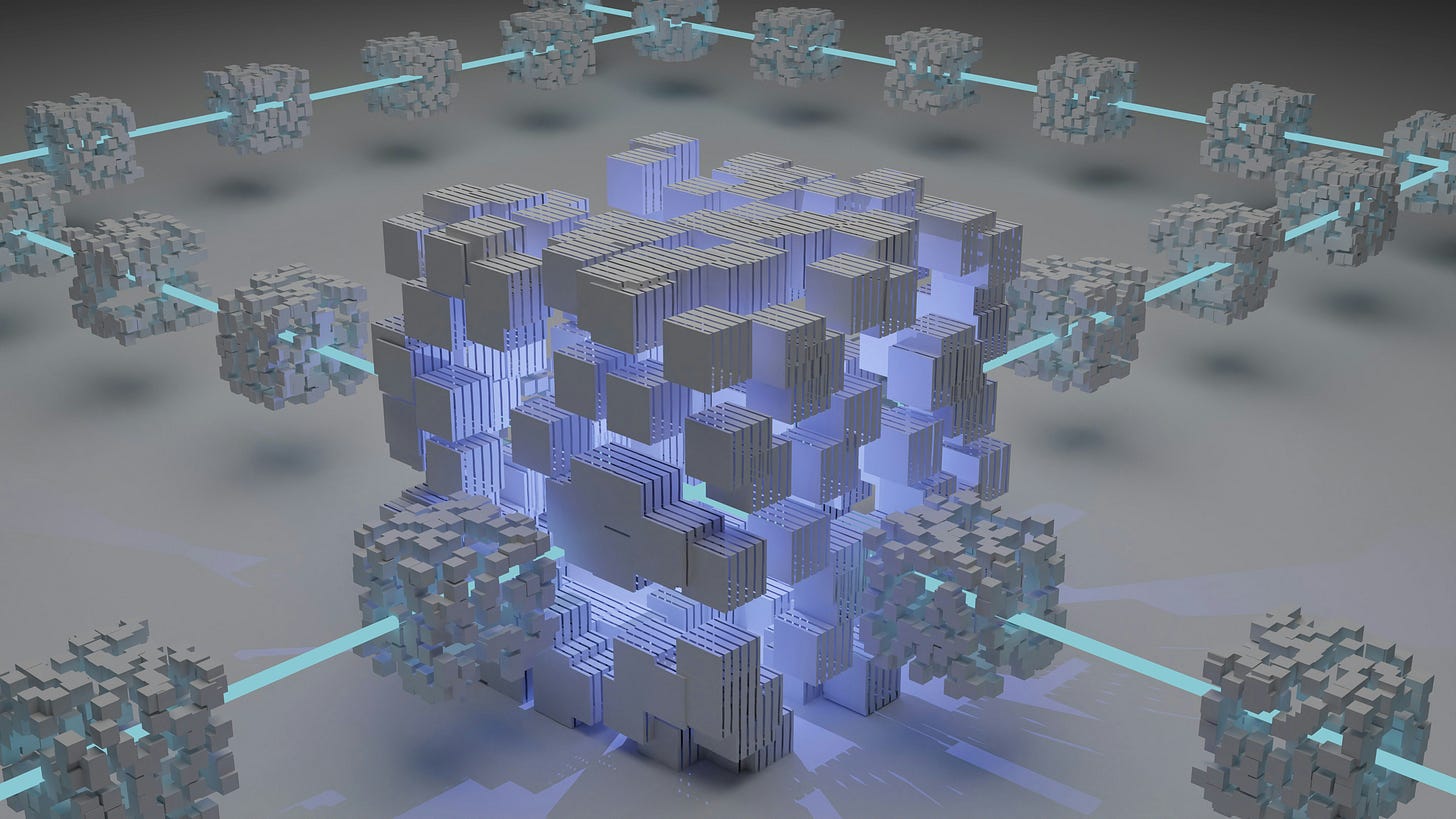Solana Downtime Post-Mortem: Lessons Learned
Solana, a low-latency blockchain platform, experienced significant downtime, raising concerns and sparking discussions about its reliability and scalability.
The outage, lasting for nearly 5 hours, disrupted transactions and highlighted vulnerabilities in the network's infrastructure.
Let's delve into the post-mortem analysis to understand what happened and the key takeaways from the incident.
What Happened?
Solana, a widely-used blockchain platform, recently encountered trouble during a routine network upgrade. Imagine it as a software update gone wrong – this glitch made everything stop, like a pause button on transactions. But, good news! The Solana team quickly fixed things by upgrading the software to version 1.17.20, and voila, the network started working smoothly again.
The problem stemmed from a complication with the Berkeley Packet Filter mechanism, a critical component used for deploying upgrades and executing programs on Solana. This incident underscores the complexities involved in maintaining a large-scale blockchain network and highlights the importance of rapid response capabilities in such situations.
The outage was attributed to a software issue related to the network’s upgrade mechanism, which caused a complete stop in block production, effectively freezing transactions across the network. Experts pointed to the Berkeley Packet Filter mechanism as the source of the failure, emphasizing the complexities of maintaining a large-scale blockchain network and the importance of rapid response capabilities.
Root Causes
Overwhelming Demand: Think of it as the platform being bombarded with too many actions at once, causing a temporary shutdown.
Prioritization Issue: The system didn't prioritize the essential tasks during the high-demand period, leading to congestion and chaos.
Lack of Monitoring: There weren't enough checks in place to catch potential problems early, resulting in delayed responses to the issue.
Key Takeaways
Handling Growth: The incident shows the need for platforms to smoothly handle a growing number of actions.
Building Tough Systems: Systems should be robust and resilient to prevent disruptions during high-demand periods.
Communication Matters: Transparent communication during issues is vital to maintain trust and user confidence.
Conclusion
The Solana downtime served as a wake-up call for the blockchain community, emphasizing the importance of scalability, resilience, and transparent communication in decentralized networks.
While the incident exposed vulnerabilities in Solana's infrastructure, it also provided valuable lessons for the broader ecosystem to strengthen the resilience of decentralized platforms. By embracing a culture of continuous improvement and proactive risk management, blockchain projects can navigate challenges more effectively and foster greater trust and adoption among users and developers alike.




